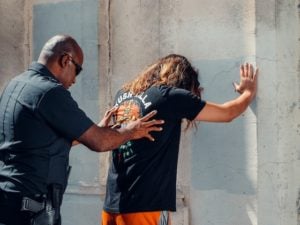Do I Have a Wrongful Death Lawsuit?

It’s never easy to suddenly lose a loved one. To have that person torn from you by the actions or neglect of someone else can be even worse. Whether your loved one dies suddenly or a short time after the accident, the pain for the family may last a long time to come.
As if the emotional trauma were not enough, you then have to find a way to support yourself without the help of the loved one who passed away. This may make it even harder to move on if your loved one was the primary breadwinner for your family.
Fortunately, you don’t necessarily have to make it alone after your family member is taken from you. If the death was caused by the actions or negligence of a third party, you may be able to bring a wrongful death claim against them to win damages that will help you move forward and support yourself.
Who Can File for Damages?
South Carolina state law specifies that the spouse, children, parents, or legal heir of the person who died can file a claim of wrongful death against the liable party.
The case can be carried out as if it were an injury claim that would’ve been filed if the victim had survived. The compensation you receive will either be decided through negotiations if you settle out of court or by the judge if you go through with a trial. You should be able to increase the compensation you earn by showing what the costs to the family have been and will be from this tragic accident.
If you win the case, the damages for wrongful death will be awarded as if they were part of the victim’s estate. The executor of the will may distribute them however it is appropriate.
What Do You Need to Prove in a Wrongful Death Case?
To get the compensation you deserve, you’ll have to prove the same things your loved one would have had to prove if they had survived and filed their own claim. The other party must have been both liable and responsible for the death for it to be considered wrongful death under the law.
If the other party directly caused the accident through their actions, that can constitute liability and responsibility if the actions were negligent or malicious. Even if there was no direct action, the other party can be liable if the accident occurred on their property when you were a guest. In that case, you have to prove that the other party failed to meet a reasonable expectation of safety and maintenance in their facilities.
Explore Your Options With a Lawyer
Before you file your claim, you should always consult with a legal professional. Lawsuits can be incredibly expensive and time-consuming, so you don’t want to commit to it unless you’re sure that it will be worth the effort. A lawyer can help you evaluate your case and assess all your possible options.






